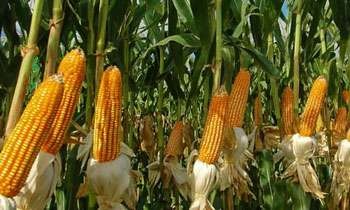 Image Source: Daily Mirror
Image Source: Daily Mirror
In a decisive move to address nutritional needs and stabilize food security, Sri Lanka is set to import 18,000 metric tons of maize, targeting the production of vital nutritional supplements such as Thriposha and Samaposha. This action comes as domestic maize production continues to fall short of national demand, particularly for the poultry feed and ready-mix cereal sectors.
Key highlights of the announcement include:
Critical Nutritional Role: Maize is the second most important food crop in Sri Lanka after rice, serving as a cornerstone for both animal feed—especially poultry—and nutritional supplements for vulnerable groups including pregnant mothers, infants, and schoolchildren. Thriposha, a locally produced cereal, alone requires an annual maize input of approximately 15,000 metric tons to meet the needs of nearly a million beneficiaries.
Supply Gap and Import Necessity: Despite efforts to boost local cultivation, only about 60% of the maize requirement is met domestically. The remainder is covered by imports, with recent figures showing 275,000 metric tons brought in for animal feed between 2024 and January 2025. The government has acknowledged that resuming maize imports is unavoidable to ensure food and feed security.
Government Action and Support: The Ministry of Agriculture has implemented guaranteed minimum pricing and seed subsidies to encourage local maize production, but adverse weather, pest attacks, and input shortages have hampered output. The import decision is also supported by international partners, with India extending technological and livestock support to help rebuild Sri Lanka’s agricultural resilience.
Economic and Policy Context: The move aims to balance the immediate need for nutritional supplements and animal feed with long-term goals of reducing foreign exchange outflows and fostering local production. Authorities are simultaneously working on programs to produce maize seeds locally and reduce reliance on imports in the coming years.
This strategic import is expected to stabilize prices, ensure the continuity of essential nutrition programs, and support the livestock sector until domestic production can reliably meet national needs.
Sources: Sri Lanka Mirror, HARTI Working Paper, Ministry of Agriculture
Advertisement
Advertisement





